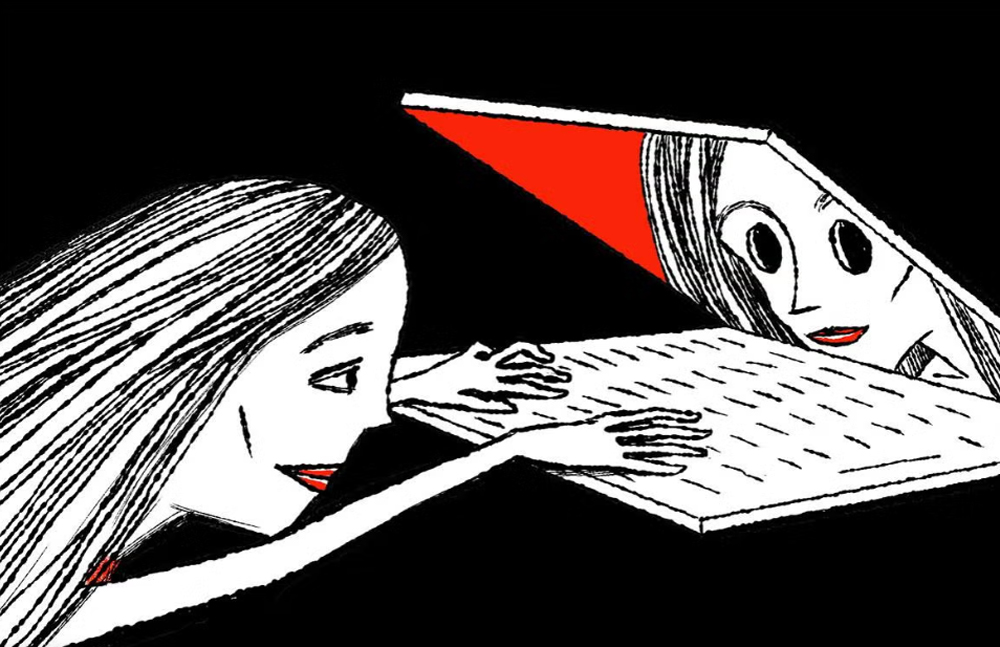
Media: Sudans Parallel War
By Mariam Abashar
It is often said that war begins when the talking stops and that it erases the truth, distorts justice, and destroys freedom. In the context of the importance of words, the role of media in disseminating objective facts and enlightening people becomes paramount, far removed from biased agendas.
Objective facts often seem to have less influence on shaping public opinion compared to the impact of inaccurate, hastily delivered, and agenda-driven information.
These allegations about inaccurate information are not far from some major media outlets with relative credibility. Many times, these outlets use their acquired credibility as a launching pad for deception and the dissemination of false information.
These media outlets are usually driven either by haste or possibly deceit. However, what is certain is that accurate and truthful information is the main gateway to gaining the trust and hearts of the people because it presents them with facts that cannot be interpreted, and can therefore be built upon, whether positively or negatively.
In reality, media manipulation is part of war and forms the basis of the psychological warfare between the parties involved in the current Sudanese conflict.
According to media expert Abdullah Rizk, media manipulation results from the vacuum created by the absence of accurate information from reliable sources and the declining role of traditional media on one hand, and the dominance of social media on the other.
Rizk suggests that the industry of systematic deception has accompanied the war in Sudan from its beginnings. Questions about who fired the first shot and the subsequent verbal battles are part of this blatant manipulation.
He says that in the absence of any real knowledge about the developments of the situation, after more than five months of war, the displaced, refugees, and other war victims find themselves unable to make the right decisions, becoming victims once again of a misleading campaign that entices them to return to their homes, especially in the capital, which is the main theater of operations.
Rizk believes that in addition to the suppression of information by the warring parties, groups with interests in the war and its continuation have actively filled the media void, feeding the political arena with false news, misleading information, and hate speech in particular. This has expanded the geographical and social scope of the war, pushing it towards civil war.
He adds that, despite the exceptional circumstances that disrupted the roles of newspapers, radio, and television, optimal utilization of social media could help contain war propaganda and mobilize the public based on accurate insights into the developments of the situation, moving towards the urgent and essential goal of ending hostilities. To achieve this, all efforts must come together.
According to media expert Dr. Khaled Al-Tijani, the media has faced problems that preceded the war itself, as it lost its identity and the role assigned to it.
As is well known, according to Al-Tajani, media as a science and practice has fixed rules. It involves verifying information, methods of dissemination, and the ability to correct and verify it. However, in the era of social media and open platforms, anyone can become a media source until proven otherwise.
Unfortunately, when the war broke out, this situation already existed and was exploited in the media, especially in the absence of traditional media. Most television channels lacked professionalism and failed to adhere to basic professional rules, thus contributing to fueling the conflict and causing panic among the people.
To sum up, it seems clear that there was a predetermined agenda that some media outlets attempted to employ for the sake of promoting these agendas in the conflict.

